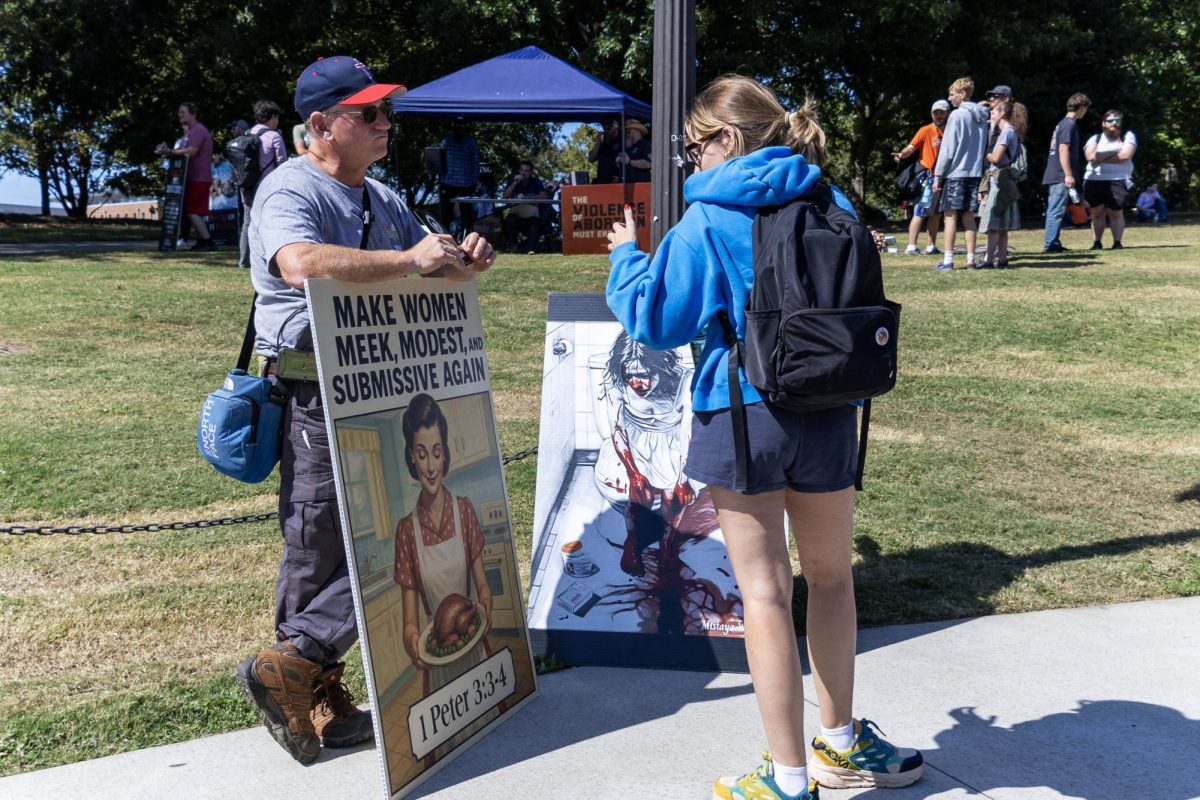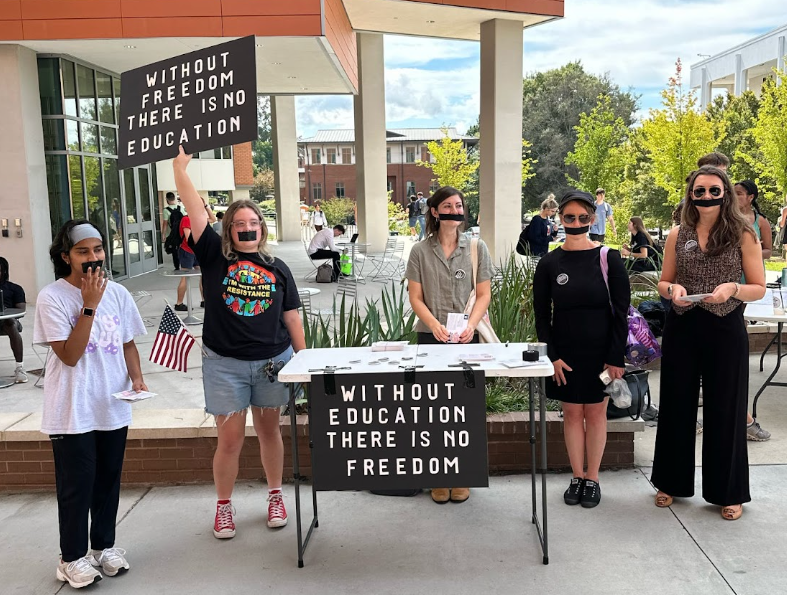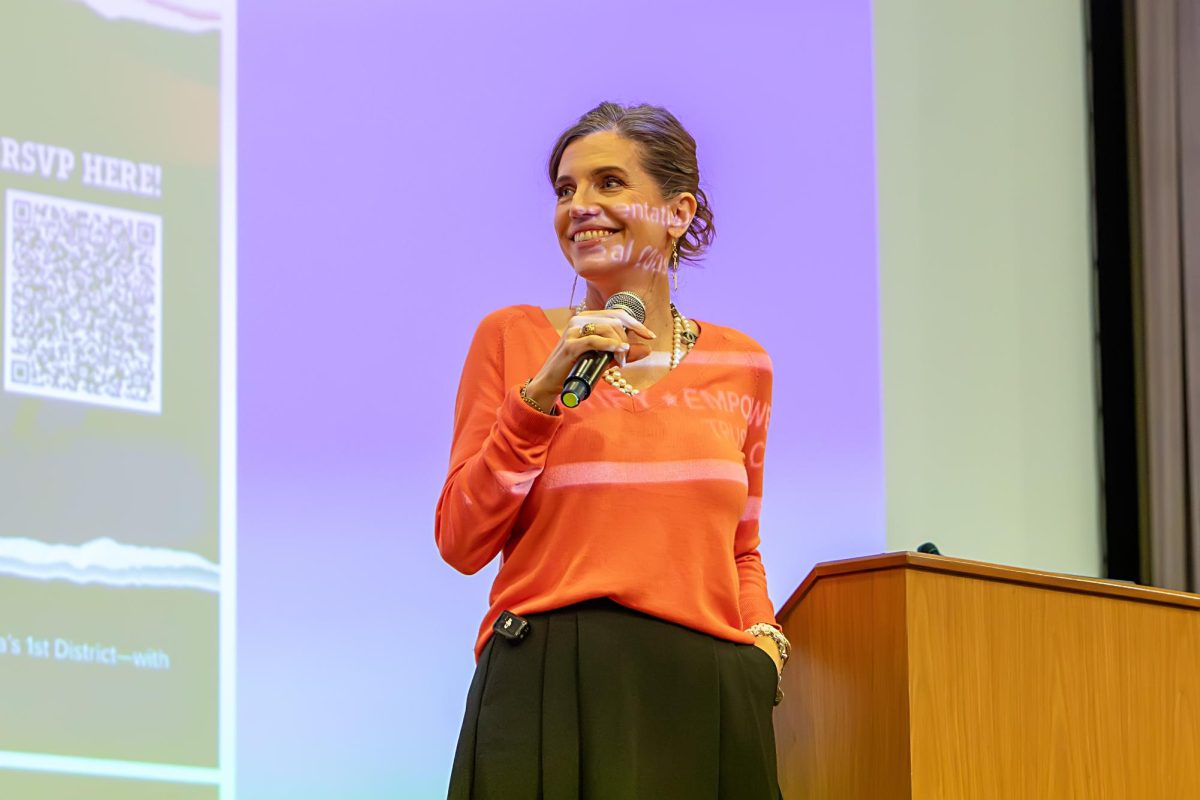This article was written by a student of ENGL 2310: Introduction to Journalism, which is taught by Mike Pulley.
The COVID-19 pandemic has forced Clemson University to change the way students learn, interact and socialize on campus. The move to online learning and other restrictions have changed student life.
For some students, virtual learning has negatively affected their mental health due to increased physical isolation.
“I have lost a sense of motivation and drive during virtual learning,” said William Smith, a sophomore Biochemistry major at Clemson University. “I don’t know what it is, I just haven’t been myself this semester.”
According to the Center for Disease Control and Prevention, 31% of adults have experienced anxiety as well depression symptoms, and 40% of adults reported struggling with mental health issues during isolation.
However, as students continue to conform to virtual learning and confront isolation, there are ways to combat depression and sustain mental health.
Caitlin McLear, a child psychologist in Greenville, reflected on different ways students can deal with depression and anxiety during isolation.
“One thing you have to focus on is the present and what you can control,” said McLear. “A lot of our depression and anxiety comes from trying to fight to control things that we really have no control over.”
These methods are in place to establish control within isolation. Lorry May, a Greenville-based social worker with a background in cognitive behavior therapy (CBT), summarized how she views these techniques.
“What I see in students is a lack of structure,” said May. “To truly combat depression and anxiety, students need to establish structure within their studies, activities and overall lifestyle.”
“Another thing I talk about is coping and self-care skills,” said McLear, the child psychologist. “Whether that is making sure you are scheduling time for stuff you really enjoy, we know that is huge for depression. It is called behavioral activation. And the last one is seeking out social connections. Do not self-isolate. We are all isolated, but you could really isolate. The worst thing to do is self-isolate and completely withdraw. You can be alone, but not lonely.”
Some students have managed to cope.
“It has definitely been an interesting transition,” said Marcos Cordi, a sophomore Accounting major and a peer-assisted learning (PAL) leader at Clemson University. “As a PAL leader and a student, the way I teach and learn has been difficult in terms of a virtual setting, but I have gotten used to it.”
With virtual learning and isolation becoming the new normal, it is not surprising that some students have rolled with the punches.
“For me, I feel like isolation is a mindset,” said Cordi. “I mean, I have the option to go hang out with my friends if I am feeling down, or [I can] do something active. That is how I usually cope with things. I can’t let what’s going on today negatively affect my health.”
For more information or to get help, contact the following resources:
Healthy Campus: COVID-19 and Your Mental Health and Well-being
https://www.clemson.edu/campus-life/healthy-campus/mental-health/covid.htmlClemson
Counseling and Psychological Services: (CAPS)
https://www.clemson.edu/campus-life/student-health/caps/index.html









